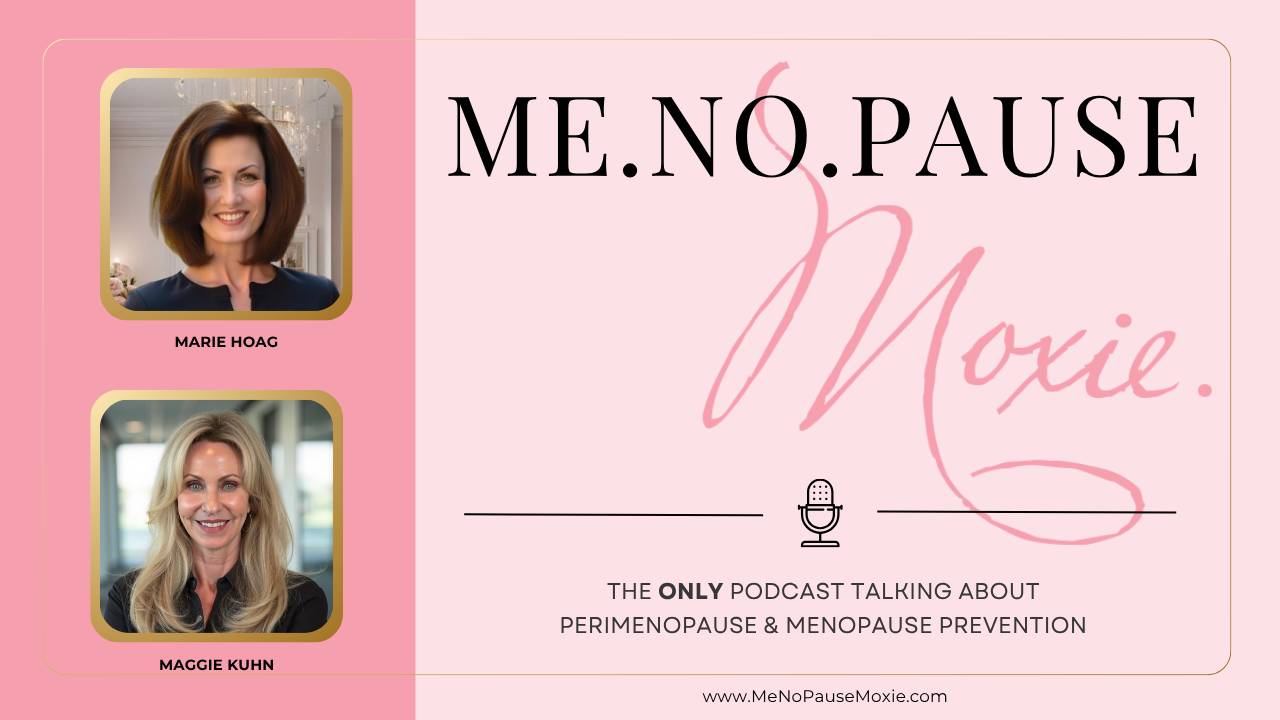Estrogen and Burning Mouth Syndrome

Estrogen and Burning Mouth Syndrome
Burning mouth syndrome (BMS) is also known as stomatodynia and the International Association for the Study of Pain has defined it as “all forms of burning sensation in the mouth, including complaints described as stinging sensation or pain, in association with an oral mucosa that appears clinically normal in the absence of local or systemic diseases or alterations.”
The majority of the studies in the National Library of Medicine conducted on menopausal women and BMS suggest that because women had no change in symptoms when they took HRT BMS could not be a result of estrogen deficiency. It’s because of this mindset women are left with painful mouths.
I never thought I would write about BMS, but when I come across studies that suggest what I have personally seen to be the opposite, I feel the need to say something. I had the unique opportunity to build a career as a clinical hormone coach over two decades working with hormone doctors who prescribe therapeutic dosed rhythmic HRT systems. I clinically coach their patients through the hormone-balancing process to the sweet spot with the HRT they are prescribed.
Though the majority of women feel pretty good once they begin therapeutic doses of estrogen and progesterone, they continue to feel better and better as each cycle passes for several months. Getting hormonally balanced is a process that takes place over a period of time, about 12-18 months for most generally healthy women. And through this process, the mind and body are changing and healing.
Part of my job as a clinical hormone coach is to periodically meet with each patient and discuss the mental and physical clinical responses they are experiencing with the HRT system they are prescribed and review lab results. At each visit, the patient tells me how they feel from head to toe, good and bad. They fill out a clinical indicator assessment (which measures both mental and physical symptoms) on the morning of their blood draw. Because how a woman feels and her estrogen levels work in real-time, we are able to closely track a woman’s HRT experience over time. Through the hormone balancing process, women list all the things they no longer experience, conditions they no longer have, or experience to the same severity as before taking HRT.
There are four phases in the hormone balancing process and in each phase, women tend to experience the same effects at the same time and say the same things at the same hormone milestones. For example, in phase one of the hormone balancing process, women talk about how they are no longer anxious, have depression, or no longer have headaches to name a few. In phase two, I hear about how women are sleeping, no more joint pain, no more muscle pain, and better coping skills, to name a few more.
It was not until about the third or fourth phase that I heard women talk about their oral health, including BMS. It’s funny how women are surprised at all the things estrogen affects. It’s not uncommon for women to tell me they used to have BMS (or something else that was weird) before therapeutic rhythmic HRT and never mentioned it because they didn’t think it had any relation to their hormones. Another similar situation is with a lump in the throat. Women don’t typically mention it until they no longer have it and relate it to getting enough estrogen and other hormones.
Many do not realize that estrogen is responsible for body fluid balance in women. This means that when women get enough of the right hormones and take them the right way, the body holds onto water and uses it to heal and repair the body from muscles to the oral cavity. Without moist tissue and fluid, the oral cavity is a breeding ground for periodontal disease, caries, burning tongue, change in taste, dry mouth, dehydrated gums, and dysbiosis of the oral microbiome.
There is a large body of people who do not think I should discuss my experiences with therapeutic rhythmic HRT either personally or professionally, mostly because I’m not a doctor. I may not be a doctor but it does not take a doctor to see what happens to a woman when she gets enough of the right hormones. It’s not my thing to put myself out there and go against what others say, but when I read and hear about menopause and estrogen are just not true, such as how BMS is not related to estrogen deficiency, I feel I need to speak up.
Back to the study on BMS and how if low estrogen caused BMS then BMS would have gone away when women were given HRT. The most likely reason BMS did not go away when given HRT is that the dose that was given in the study was much too low to have an effect, and the patient wasn’t on it long enough. Women need plenty of estrogen running in their blood for a while to impact BMS.
The problem with studies such as this one is they concluded something they really didn’t dive deep into and gave everyone the impression that estrogen had no effect on BMS. BMS is annoying and changes a woman’s demeanor and should be taken seriously. About 30-40% of menopausal women get BMS and this can be avoided and reversed if approached the right way but we need all the information.
What You Can Do
If you are a woman experiencing BMS, it may be because your estrogen is deficient.
The Hormone Sweet Spot™ is a place of optimal hormonal balance where a woman cannot imagine feeling better than she does, and blood work concurs with how she feels. I’m a clinical hormone coach of 20 years and have helped thousands of women get their hormones balanced and keep them balanced, and I can do the same for you.
If you are tired of dealing with hormone deficiency issues such as BMS, take a look at one of my hormone-balancing programs to see if one may be a good fit. There is no reason you have to live the rest of your life suffering the side effects of hormonal imbalance.
If you are a hormone-prescribing physician with patients with BMS or failing ovaries and are confused about how to prescribe HRT for your female patients, consider a personal clinical apprenticeship.
We train and clinically coach physicians and physician extenders on how to effectively and sustainably restore female hormones to the Hormone Sweet Spot™ using advanced HRT protocols. At Panacea Sciences, you will learn how to confidently balance hormones for women, and we'll hold your hand and mentor you to success.
If you are a healthcare practitioner or health coach who knows that low hormones are negatively impacting the outcomes of your programs and do not know what to do about it? At Panacea Sciences, we train health coaches and healthcare practitioners to be clinical hormone coaches. Our team will train you how to be a brilliant clinical hormone coach so you can help women never experience hormonal imbalance again.
Reference:
Ciesielska A, Kusiak A, Ossowska A, Grzybowska ME. Changes in the Oral Cavity in Menopausal Women-A Narrative Review. Int J Environ Res Public Health. 2021 Dec 27;19(1):253. doi: 10.3390/ijerph19010253.
Dahiya P, Kamal R, Kumar M, Niti, Gupta R, Chaudhary K. Burning mouth syndrome and menopause. Int J Prev Med. 2013 Jan;4(1):15-20.
Meurman JH, Tarkkila L, Tiitinen A. The menopause and oral health. Maturitas. 2009 May 20;63(1):56-62. doi: 10.1016/j.maturitas.2009.02.009. Epub 2009 Mar 25.
Nagamine T. Two-hit theory by estrogen in burning mouth syndrome. J Dent Sci. 2022 Oct;17(4):1833-1834. doi: 10.1016/j.jds.2022.06.009. Epub 2022 Jun 29.
Seol, S.-H., & Chung, G. (2022). Estrogen-dependent regulation of transient receptor potential vanilloid 1 (Trpv1) and P2X purinoceptor 3 (P2x3): Implication in burning mouth syndrome. Journal of Dental Sciences, 17(1), 8–13.
Vaidya R. Burning mouth syndrome at menopause: Elusive etiology. J Midlife Health. 2012 Jan;3(1):3-4. doi: 10.4103/0976-7800.98809.

Stay connected with me.
Join my mailing list to receive the latest news and updates on blog posts, new podcast episodes, in-person and online events, appearances, webinars, and programs.








